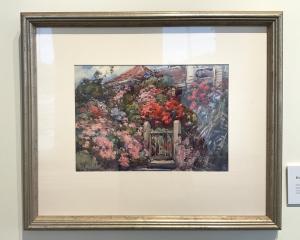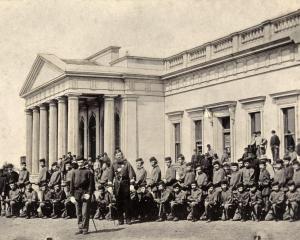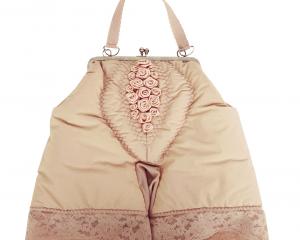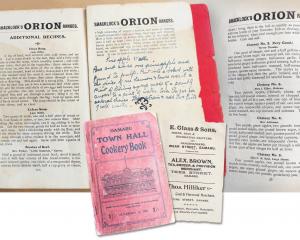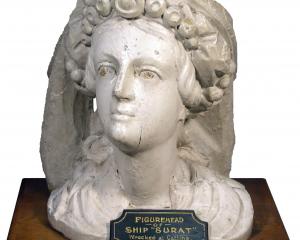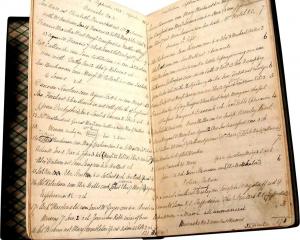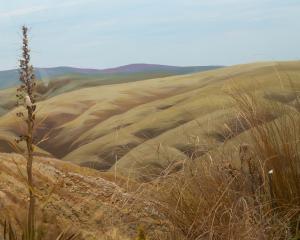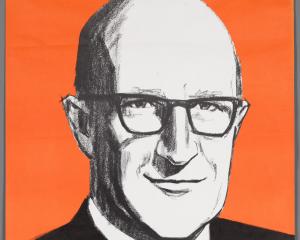
Beneath its unassuming dull-red cover, tucked snugly between volumes of poetry and art books on the shelves in Special Collections at the University of Otago Library, is a much celebrated, scrutinised, and censored novel by an Irish author who was once referred to as "the man with the bomb who would blow what remains of Europe into the sky": James Joyce’s mammoth, modernist masterpiece Ulysses, which turns 100 this year.
Ulysses documents a single day structured as an Odyssean quest, following Leopold Bloom, a Jewish-Irish advertising worker, as he wanders the city of Dublin.
Since it was first published in 1922 by Sylvia Beach’s Shakespeare and Company in Paris, much has been written about how important, difficult, obscene, and great Ulysses is.

It now tops lists of great novels of all time, a work so important that it has inspired an annual celebration, "Bloomsday", on June 16, the single day in 1904 during which the novel takes place.
How much do we know about its journey to our shelves here in Otepoti? Well, we know that our copy is from the 9th printing by Shakespeare and Company in 1927, and it came to us thanks to the quiet collecting fervour and subsequent generosity of Charles Brasch; part of his personal library of 7500 books held in Special Collections.
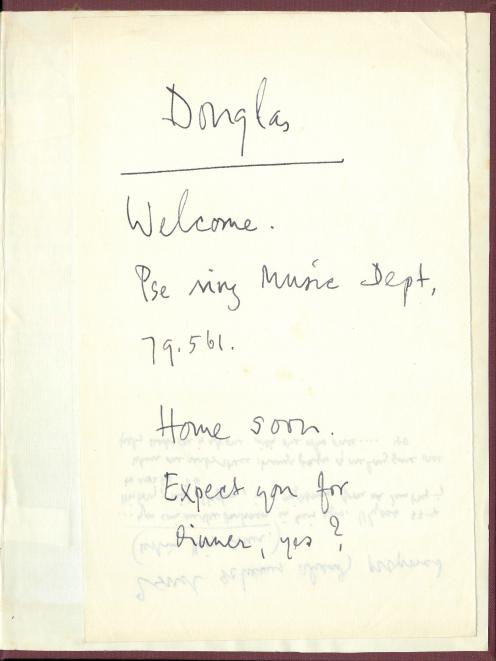
His journals, his memoir Indirections, and Otago University Press’ fantastic Landfall archive do not mention it. Brasch sometimes inscribed his books with the date of purchase, but sadly there is no such date in Ulysses.
His copy of Joyce’s Pomes Penyeach, however, published in the same year, is dated "April 1928 London". Did Brasch acquire Ulysses around this time, while he was studying at Oxford University?
If he did, was it before or after it was declared "obscene" in Britain? Or perhaps he bought it from Shakespeare and Company itself, as he visited Paris during this period.
The cover and binding raise further questions: biographer Richard Ellman suggests Joyce chose the particular blue of the first edition cover to match the Greek flag, and when it proved difficult to get right, Joyce asked painter Myron Nutting to mix up that particular shade.
Brasch’s copy though has been bound in a simple, plain, dull-red full-cloth binding, with the original covers retained inside. While this sort of binding may not be unusual for the time, it is hard not to wonder whether Brasch purposely concealed the striking blue and white cover to avoid attention for the text within.
Ulysses may never have been banned outright in Aotearoa, but access was restricted as late as 1950: only "members of the educational profession and other bona fide students of literature" were able to buy it.
With his editorship of Landfall beginning in 1947, Brasch would have had a legitimate reason for possessing a copy, but this does show just how "dangerous" this book was thought to be.
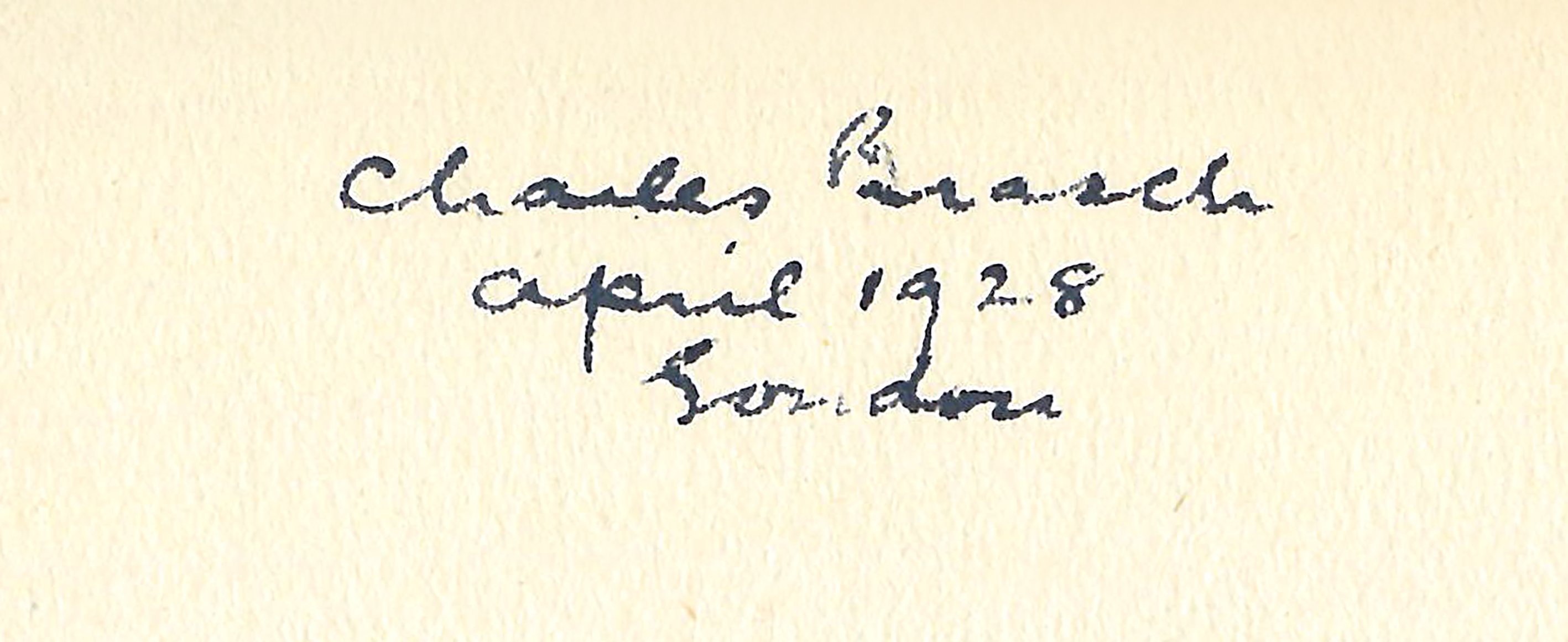
In an intriguing parallel with Ulysses’ detailed attention to everyday experience, the final words in Brasch’s copy come from a handwritten note enclosed inside the back cover addressed to "Douglas", asking him to ring the Music Dept and checking whether he is staying for dinner.
Brasch’s journals indicate this is likely the composer Douglas Lilburn, and the note probably dates from the late 1950s. Like Ulysses, it even ends with a yes!
Events to mark the significant literary anniversary of Ulysses are taking place all over the world this year. Dunedin Public Library recently hosted a set of informational panels toured by the Irish Embassy, and this same display is being hosted at Special Collections in July alongside Brasch’s copy of Ulysses.
Alexander Ritchie is subject librarian, Special Collections, University of Otago Library.

